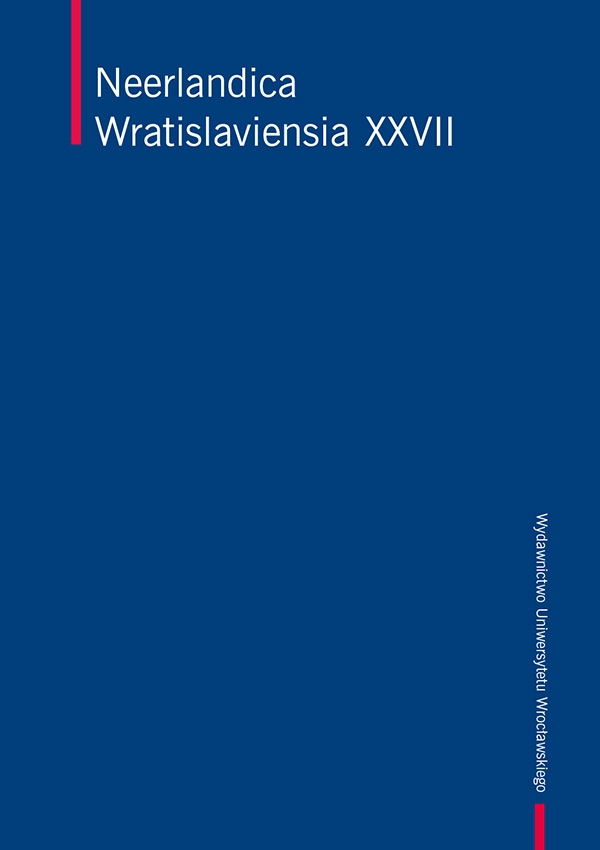

Artykuły

Condities op combineerbaarheid. Het geval van de bepaling van de gesteldheid en de PP
Secondary predicates are known to be hybrids. The secondary predicate warm in Jan eet die Hollandse kroketjes warm is depending both on the VP predicate eet and on the NP die Hollandse kroketjes. It has also been indicated that a secondary predicate can be governed by some types of PP’s. Compare the direct object van die Hollandse kroketjes in Jan eet [van die Hollandse kroketjes] PP warm with the prepositional object van die Hollandse kroketjes in: *Jan eet [van die Hollandse kroketjes] PP warm. In the first sentence, ‘Jan’ eats an unlimited amount of ‘Dutch croquettes’, while what ‘Jan’ in the second sentence does is eating pieces of unlimited amount of ‘Dutch croquettes’. The difference between the acceptability of the two constructions tends to be analysed in two ways: 1. the first sentence is acceptable because the direct object is in fact not a PP but a NP, which is preceded by a complex determinator van die or 2. the construction is acceptable because it contains a PP which refers to entities. The aim of this paper is to further support the second opinion.